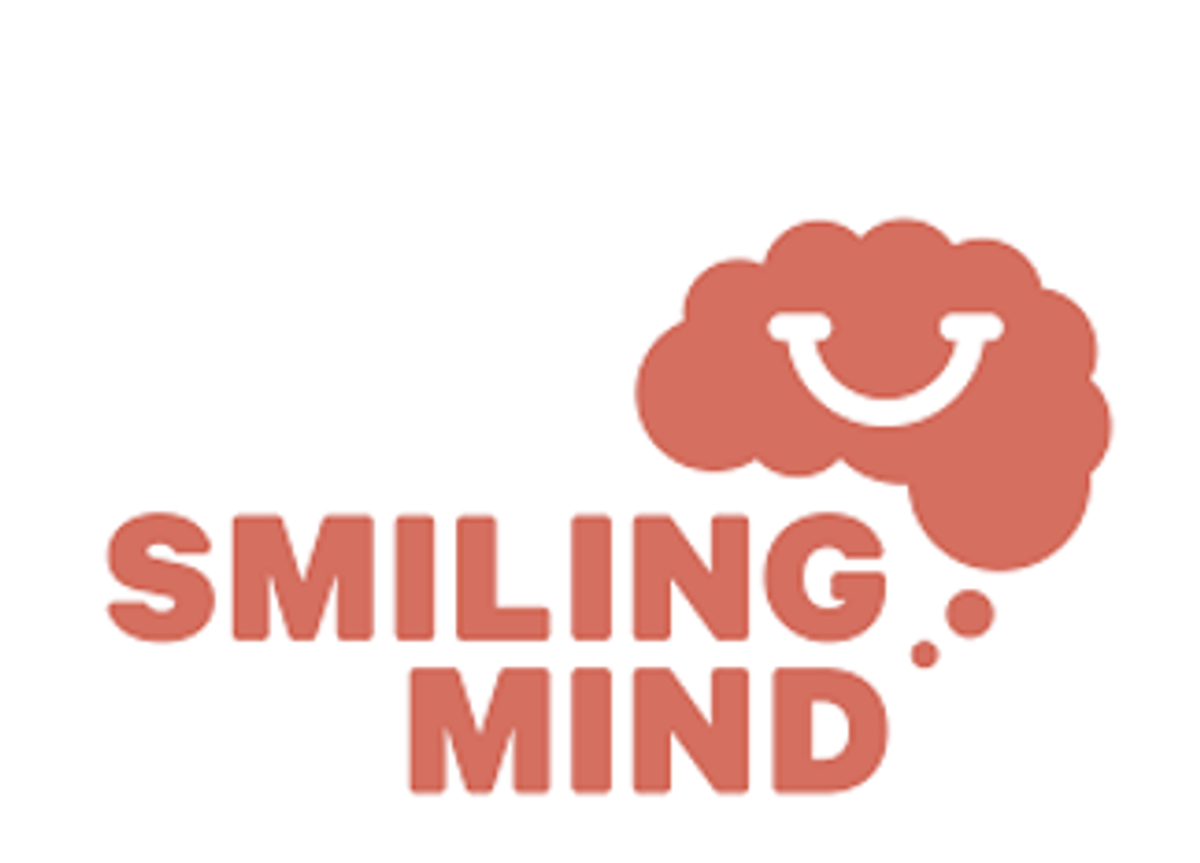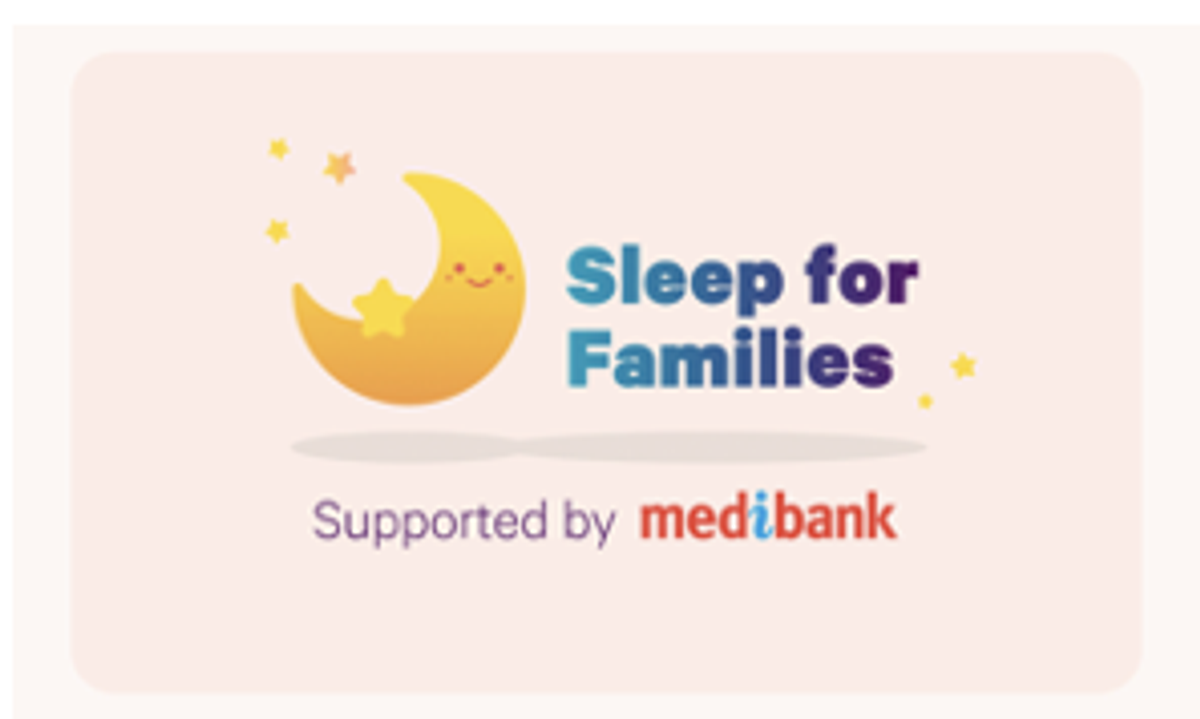Wellbeing

Welcome to our Wellbeing Page
Hi everyone,
On our Wellbeing Page this week, I have focused on a couple of different aspects that all contribute to our overall wellbeing. I have included some information on a new feature on the Smiling Mind app, an article about 'Growing Pains' from physiotherapist Tom Collier and a link to an article from The Resilience Project titled " Reclaiming Control of your Electronic Devices. I hope you can find some time to read one of the articles or to use the Smiling Mind app for mediation for yourself or a family member.
Take care,
Fiona George
Smiling Mind
Smiling Mind (the web and app-based meditation program) have recently created a new program called ‘Sleep for Families’. It is full of videos, tips, activities and meditations to support the whole family to sleep better. This program is now available in the Families section on the app. To access the new program, you'll need to make sure your Smiling Mind app is up to date! I have explored this new feature on the app and have found it extremely useful for my son who is struggling to get to sleep at the moment.
Here is some information about their sleep program:
“We know from research many people experience trouble falling asleep, staying asleep, or waking too early and not being able to get back to sleep.
We also know that about one third of school-aged children may have sleep problems, which will inevitably affect the amount of sleep you enjoy as a parent.
The good news is; there are evidence-based routines and activities you can do as a family to give you and your children the best chance of a good night's sleep. “
Growing Pains: An article from Physiotherapist Tom Collier
What are growing pains?
“Growing pains” can be quite a distressing issue for children, adolescents and their parents. The good news is that they are quite common, always resolve and have no long-term effects!
“Growing pains” is a generic term for aches experienced in children and/or adolescents. There is a level of mystery in the medical world surrounding “growing pains”. There is no general consensus on cause and symptoms are quite variable between individuals.
As the name suggests, “growing pains” are most commonly experienced during times of rapid growth. We commonly see this in those aged 3-5 years and 8-11 years.
These aches are typically felt in both legs and will be worse by the end of the day, often disturbing sleep. Note that this is a different issue to tendon traction injuries (such as Osgood Schlatter disease and Severs disease) which are much more pinpoint in pain location.
It is important to recognise that there are other more serious medical and musculoskeletal issues which can cause similar symptoms. Because of this, it is always worth having growing pains assessed by a Physiotherapist or General Practitioner.
Although growing pains are common, it does not mean that kids have to simply suffer with the pain. A tailored exercise program and manual therapy provided by a qualified Physiotherapist can be beneficial in helping to alleviate symptoms and keep the child involved in all of their usual activities.
This article is written by Tom Collier, Physiotherapist at Back In Motion Eltham.
'Regaining Control of your Electronic Devices'
Attached is a link to an article written by our friends at The Resilience Project. The article is an interesting read about the timeless debate of how much screen time is too much screen time and are our children using their screens to connect, create or contribute to something.
Click here to read the article.



